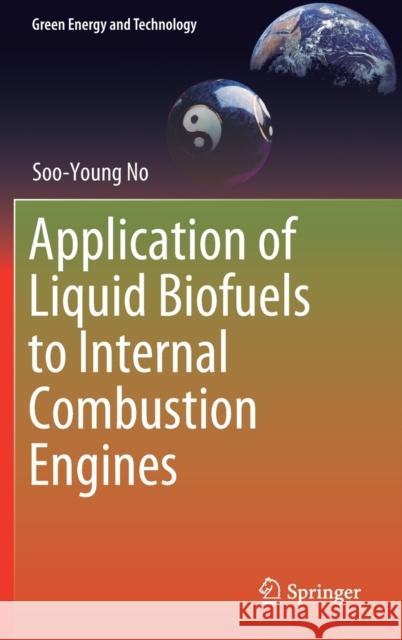Application of Liquid Biofuels to Internal Combustion Engines » książka
topmenu
Application of Liquid Biofuels to Internal Combustion Engines
ISBN-13: 9789811367366 / Angielski / Twarda / 2020 / 466 str.
Application of Liquid Biofuels to Internal Combustion Engines
ISBN-13: 9789811367366 / Angielski / Twarda / 2020 / 466 str.
cena 563,56
(netto: 536,72 VAT: 5%)
Najniższa cena z 30 dni: 539,74
(netto: 536,72 VAT: 5%)
Najniższa cena z 30 dni: 539,74
Termin realizacji zamówienia:
ok. 16-18 dni roboczych.
ok. 16-18 dni roboczych.
Darmowa dostawa!
Kategorie:
Kategorie BISAC:
Wydawca:
Springer
Seria wydawnicza:
Język:
Angielski
ISBN-13:
9789811367366
Rok wydania:
2020
Wydanie:
2019
Ilość stron:
466
Waga:
0.87 kg
Wymiary:
16.1 x 24.1 x 3.5
Oprawa:
Twarda
Wolumenów:
01
Dodatkowe informacje:
Wydanie ilustrowane











